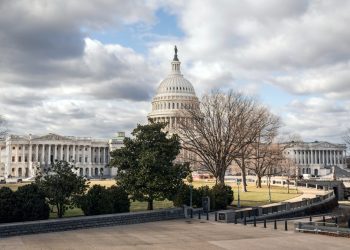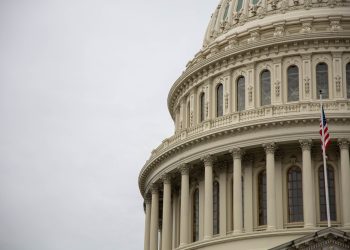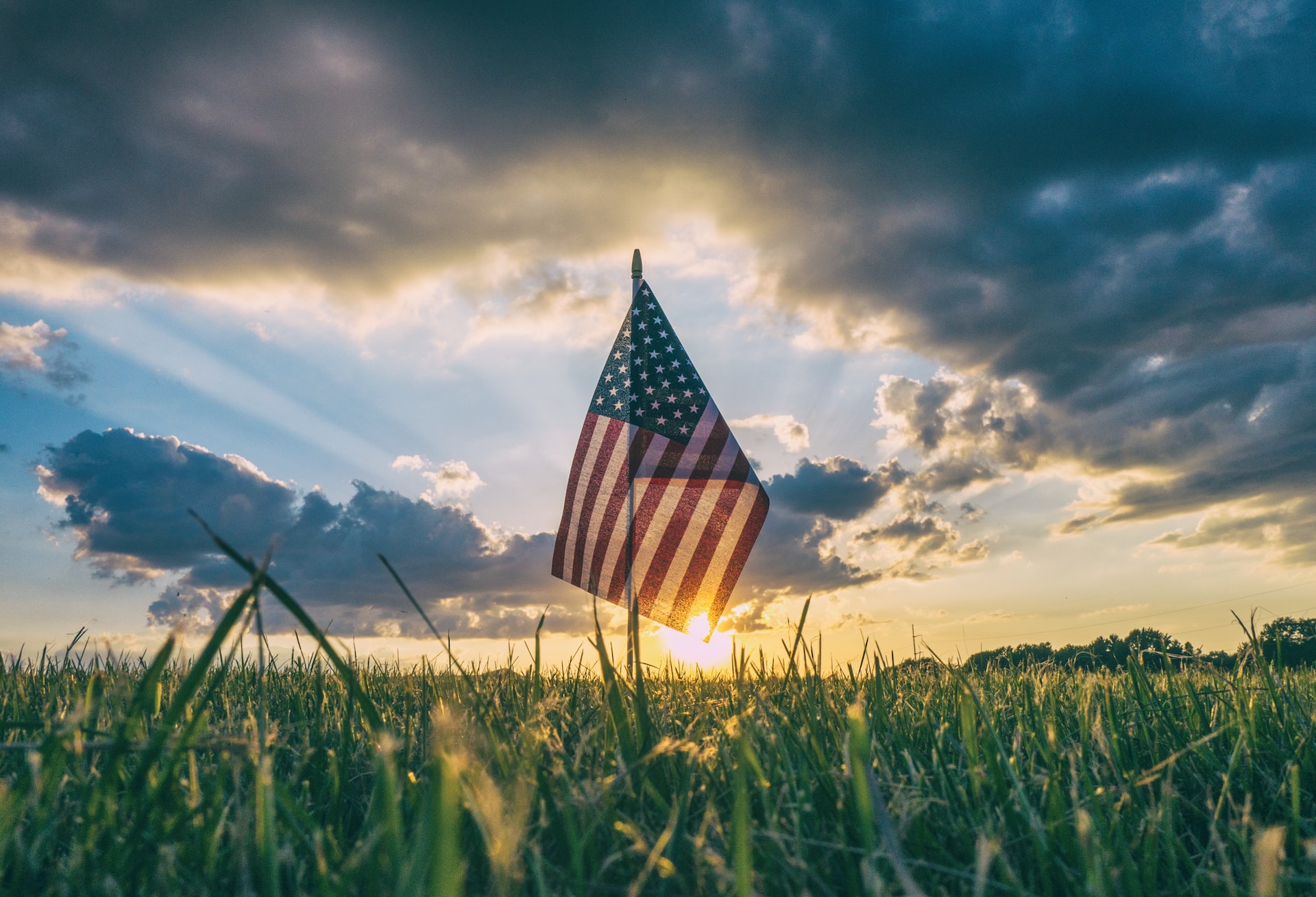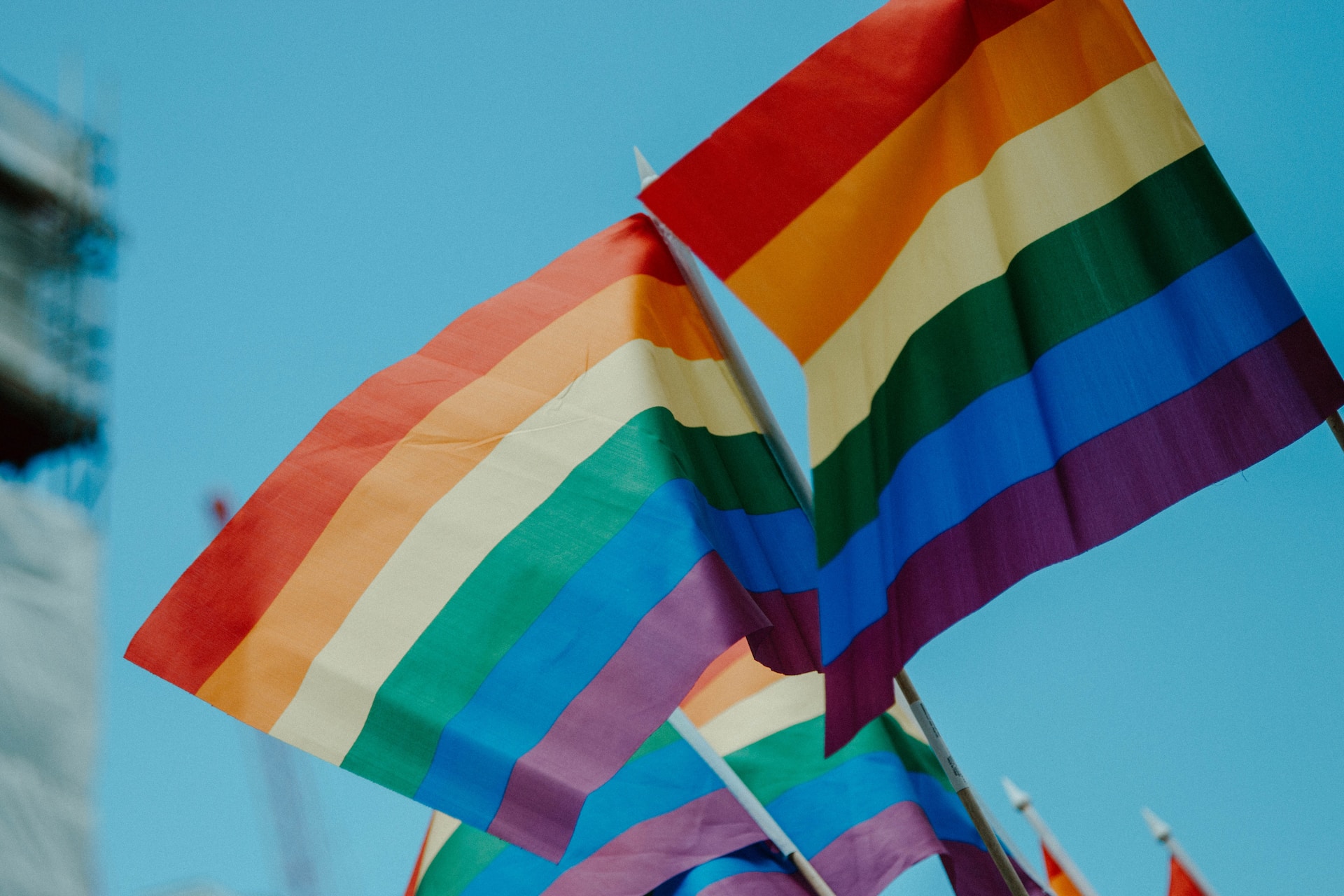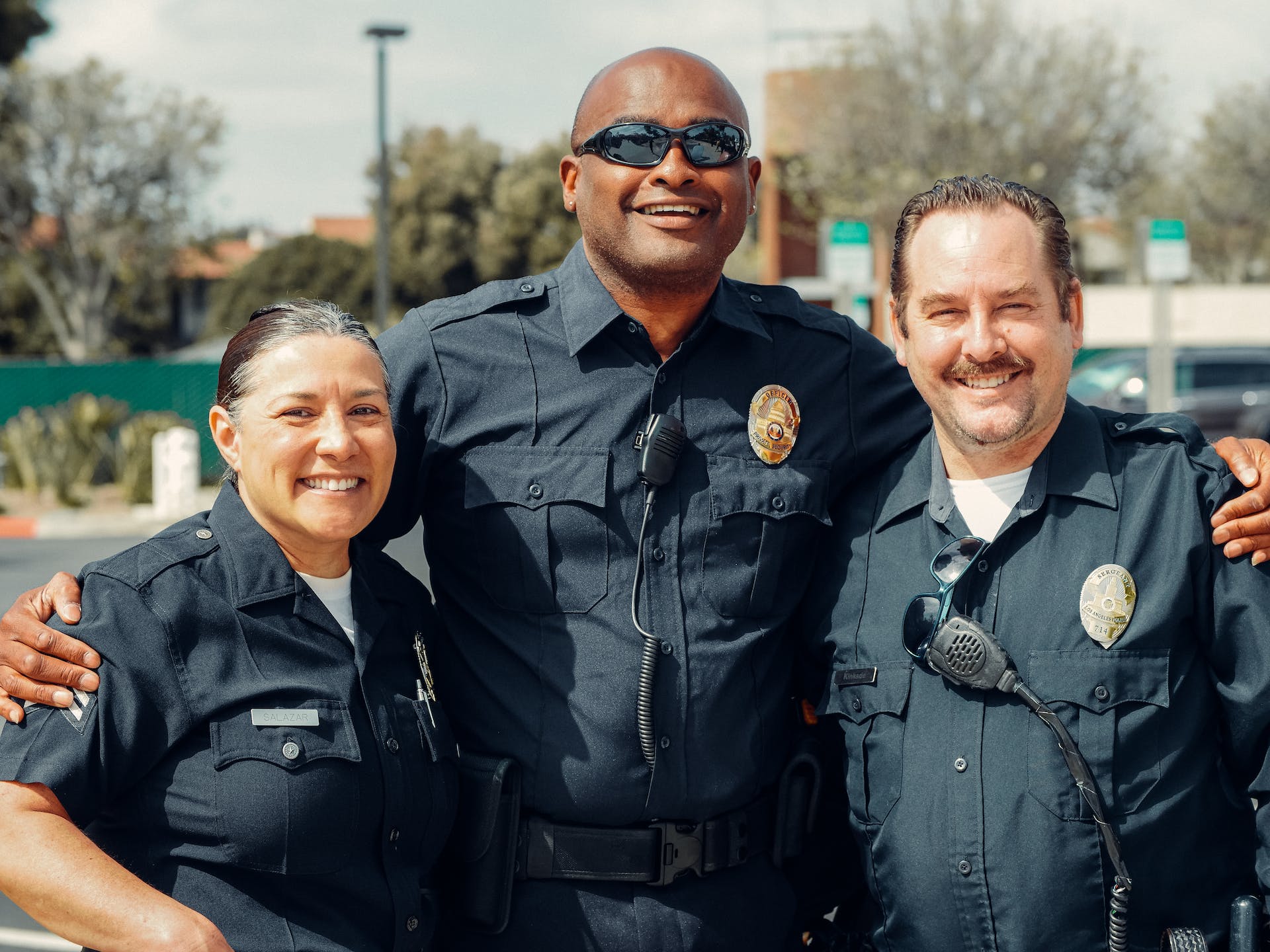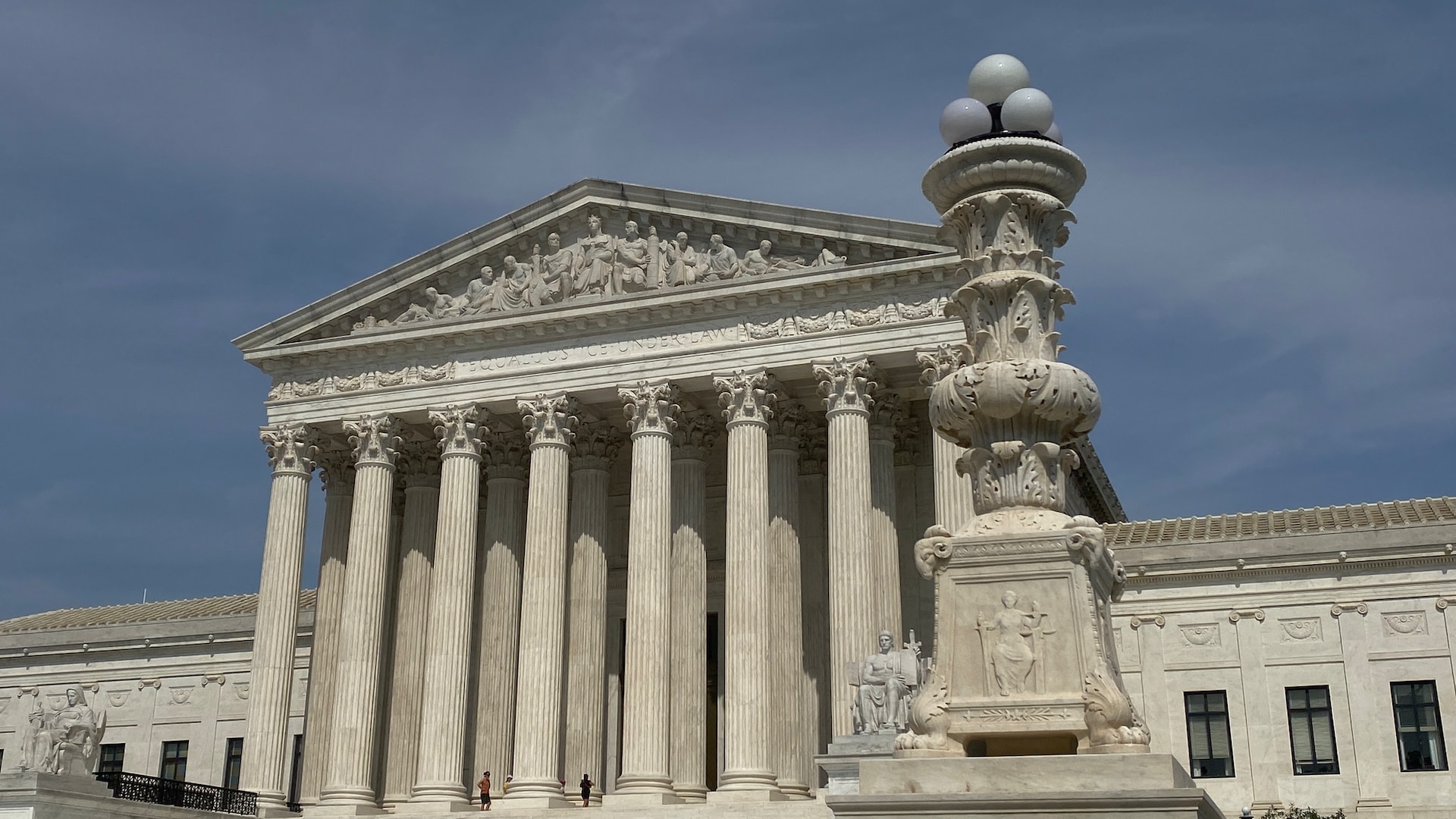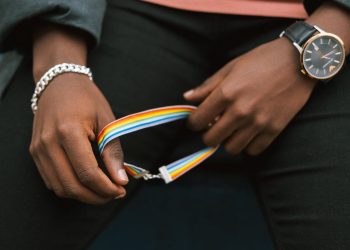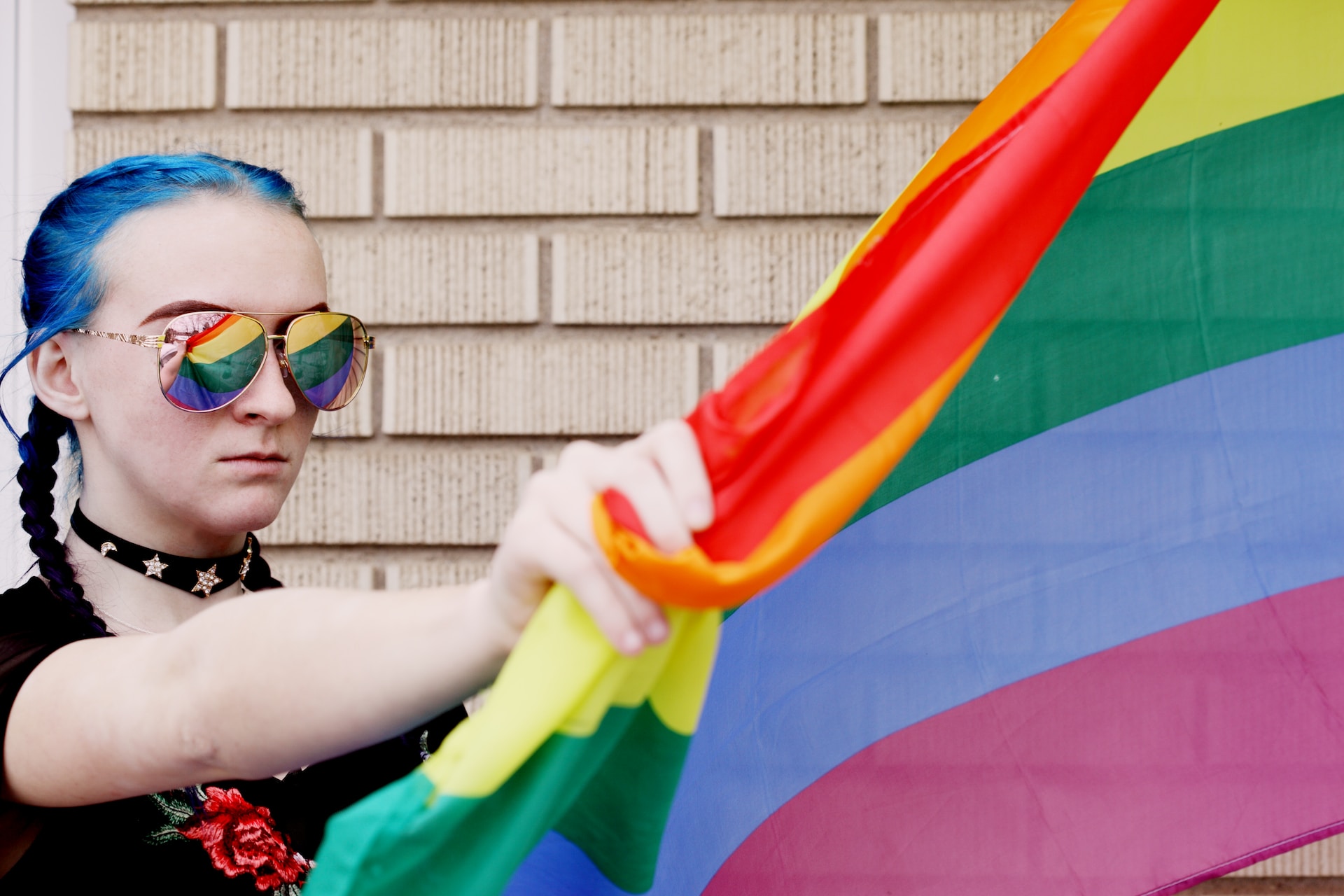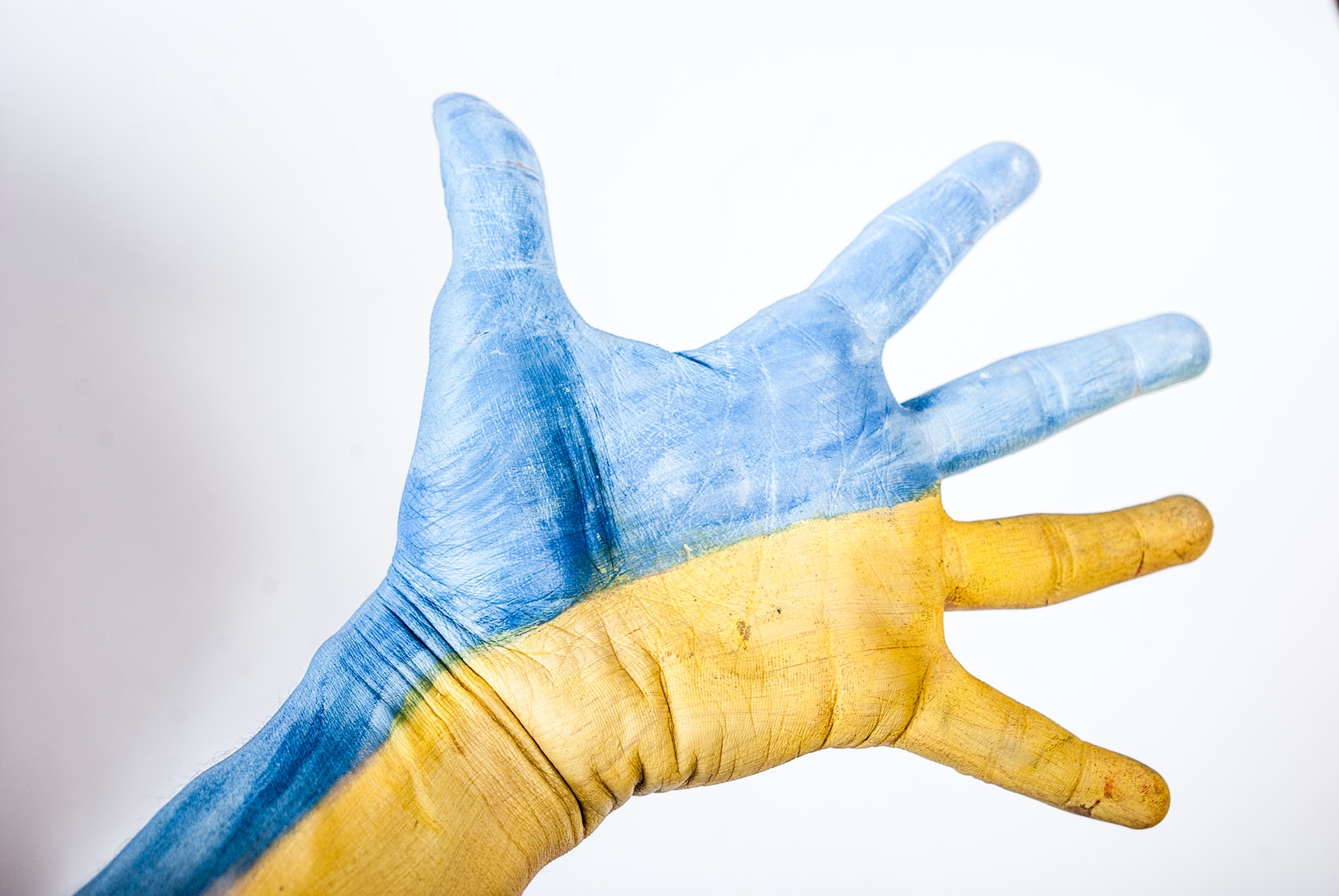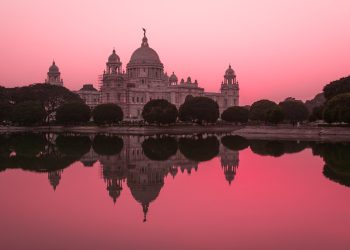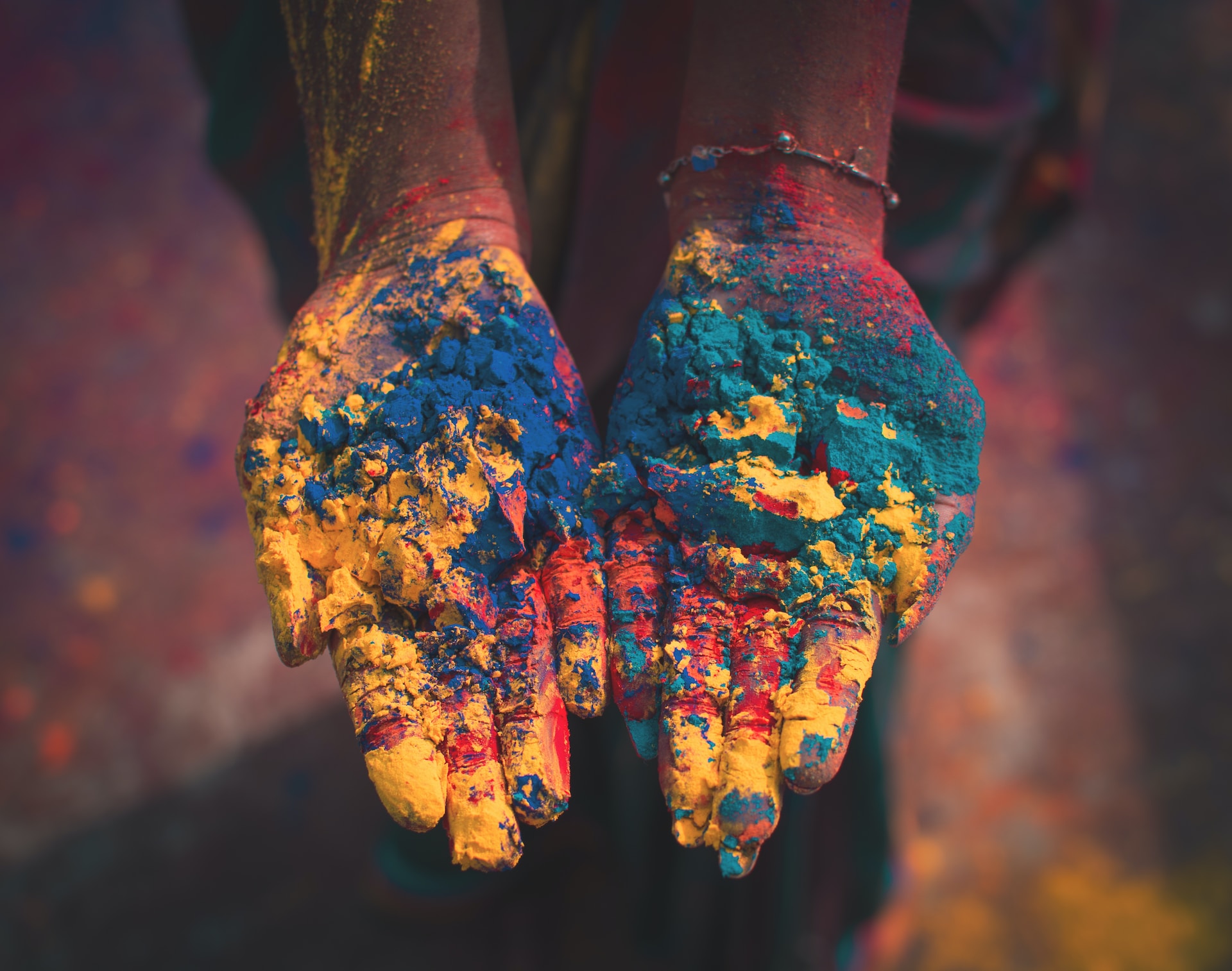Pete Buttigieg, the openly gay US Transportation Secretary, has extended a personal invitation to House Speaker Mike Johnson in an effort to showcase the normalcy and love within a same-sex household. This invitation is a poignant response to Johnson’s long-standing anti-LGBTQ+ rhetoric, which has included calls to outlaw gay sex and claims that homosexuality helped bring down the Roman Empire.
The Discrepancy Between Past and Present
Johnson’s Controversial Legacy
Despite his recent declarations of love for all people during a Fox News interview, Johnson’s past is shadowed by editorial pieces steeped in severe anti-LGBTQ+ sentiment. His previous assertions—that homosexuality is unnatural and poses a risk to societal values—stand in stark contrast to the lived experiences of LGBTQ+ families across the nation.
A Shift in Public Discourse
Johnson’s current narrative, which appears to distance him from his earlier statements, reflects a broader societal shift towards acceptance and equality. However, for many within the LGBTQ+ community, the echoes of his past views continue to reverberate, contributing to ongoing dialogues about representation and rights.
Buttigieg’s Family: A Portrait of Equality
Day in the Life of the Buttigieg-Glezman Household
Buttigieg’s challenge to Johnson involves an intimate glimpse into his family life with husband Chasten and their twins. By sharing the mundane yet meaningful moments of daycare pickups and dinner preparations, Buttigieg aims to illuminate the shared experiences that unite all families, regardless of the parents’ sexual orientation.
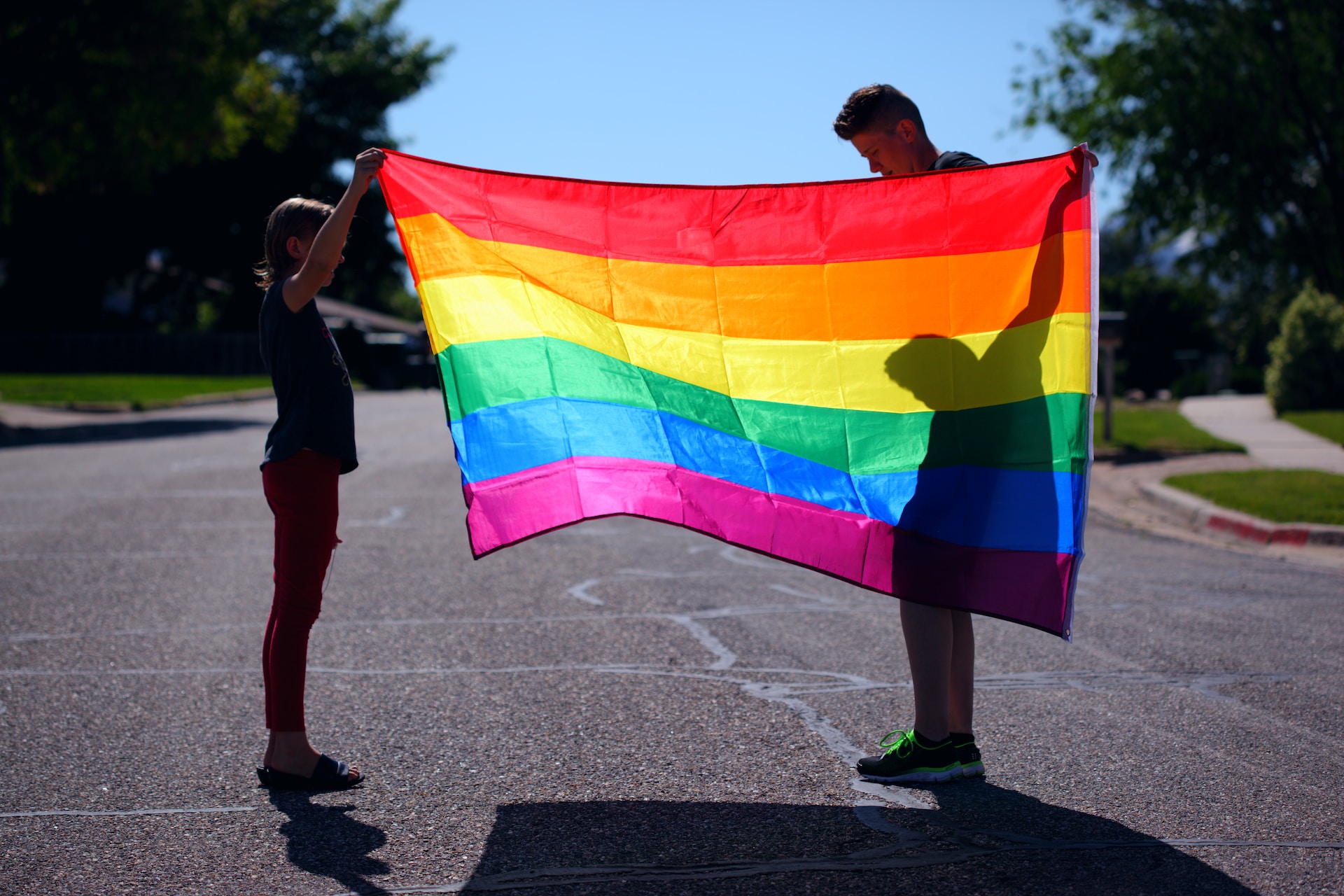
Counteracting Darkness with Daily Light
In stark opposition to Johnson’s claim that homosexuality carries a “darkness,” Buttigieg emphasizes the love and joy within his family. His narrative counters fear and prejudice with the reality of a loving, functioning, and completely typical American family.
The Weight of Words and the Capitol Dome
Confronted with Johnson’s past comments, Buttigieg expresses the discomfort of navigating a political landscape where the highest levels of leadership have espoused views that invalidate the existence of families like his. The physical symbol of the US Capitol serves as a reminder of the ongoing struggle for recognition and equality for the LGBTQ+ community.
Conclusion: Challenging the Status Quo with Personal Truth
Pete Buttigieg’s invitation to Mike Johnson is more than a simple gesture of hospitality—it’s a strategic and heartfelt attempt to bridge the gap between divisive rhetoric and the reality of countless American families. It stands as a testament to the power of personal narratives in challenging outdated and discriminatory ideologies.
©unitedradiance.org

